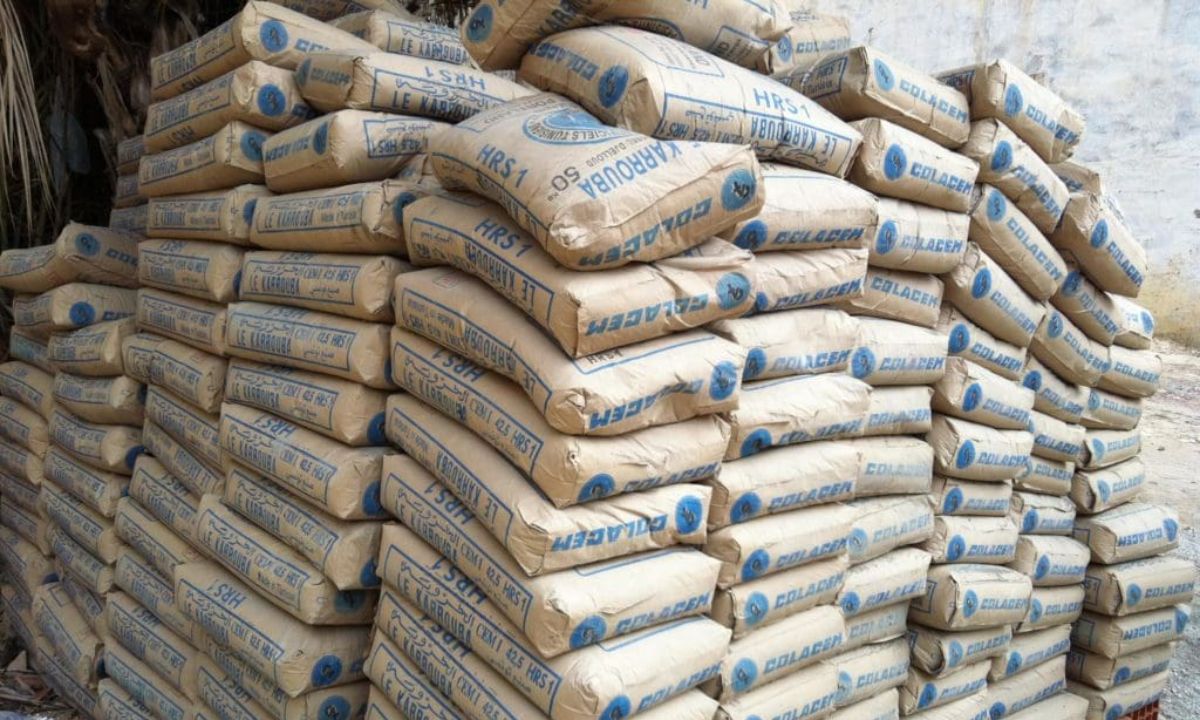On Friday, Chaitra 15, royalist supporters vandalized and set fire to the Jadibuti Production and Processing Company Limited. Efforts are now underway to resume operations. According to initial estimates, the fire caused damage worth approximately NPR 2.8 billion.
According to the company’s General Manager, Sangita Yadav, the fire destroyed GMP-compliant buildings and automated equipment, completely halting production. The company is currently planning to resume production by constructing temporary structures. She has urged the government to provide necessary support for the company’s revival.
Yadav stated that the company has requested NPR 1 billion from the Ministry of Forests to restart operations. “Everything has been reduced to ashes. The company was making progress despite various challenges. We were also expanding branches,” she said. “The company must stand on its own feet again, and we expect support from all.”
To resume production, the company plans to build temporary sheds. The fire damaged two GMP-compliant buildings, raw materials for medicine production, equipment, furniture, documents, packaging materials, and more, reducing them to ashes.
The buildings have turned into ruins, and vehicles and motorcycles parked on the premises have been destroyed. Currently, the process of clearing debris and ashes from the site is ongoing. “Even remembering that day is heartbreaking,” Yadav said. “Seeing the company, known for producing ‘Sancho,’ turn into ashes before my eyes brought tears. I couldn’t hold back my emotions.”
Despite the challenges, efforts and coordination are underway to restart production. The company aims to resume operations through its branch offices across the country. “This is a self-sustaining institution. It contributes to the economy. Production must not stop. We hope to recover soon,” Yadav added.
Established in 1981 (2038 BS), this government-owned company has been involved in the collection and processing of various medicinal and aromatic herbs. Since 1999 (2056 BS), it has been producing ‘Sancho.’ Besides Sancho, the company also manufactures Sancho Balm, Sancho Shilajit, Himalayan Massage Oil, Balm Oil, Sancho Jata Kesh Oil, and Sancho Pain Relief Oil. Among these, Sancho is the company’s flagship product.
Since 2021 (2078 BS), the production of Sancho has been conducted using modern automated technology. The company has also acquired a Good Manufacturing Practice (GMP) certification. The recent introduction of 5ml and 10ml Sancho packaging has further boosted its popularity.
According to General Manager Yadav, Sancho oil has been exported to Sweden for the past 15 years. The company is not only engaged in production but also price stabilization. “If we fail to immediately resume Sancho production and distribution, foreign products might dominate the market,” Yadav said.
The company has been generating employment at the local level. The raw materials for Sancho production are cultivated on the company’s land. Additionally, the company distributes seeds to farmers, encouraging them to grow medicinal herbs. Currently, over 900 farmers are directly associated with the company.
Yadav is actively coordinating with various government agencies to revive the company. “This is an institution the government should take pride in. The government must take an active role in its revival,” she emphasized.






